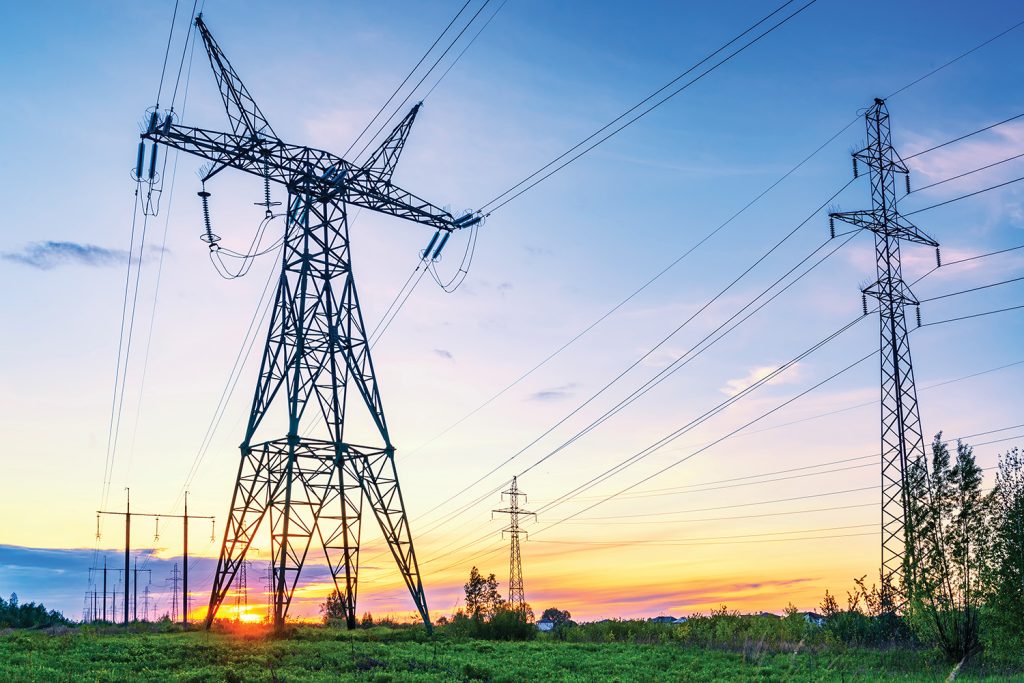
As the temperature rises, so does the demand for electricity, and a recent report from the North American Electric Reliability Corporation titled the “2023 Summer Reliability Assessment” is sounding the alarm about possible blackouts this summer. The report states that approximately two-thirds of the country is at an elevated risk of potential for insufficient operating reserves.
“This report is an especially dire warning that America’s ability to keep the lights on has been jeopardized,” said National Rural Electric Cooperative Association CEO Jim Matheson. “That’s unacceptable. The decisions we make today determine whether utilities across the nation have the resources to power the American economy tomorrow. Federal policies must recognize the compromised reliability reality facing the nation before it’s too late.”
There are several issues currently impacting the reliable delivery of electricity across the nation. They include increasing demand for electricity as other sectors of the economy are electrified, as well as decreasing electricity supply due to the retirement and insufficient replacement of existing generation.
Another issue is permitting delays that prevent electric infrastructure from being built and connected to the grid. To join the electric grid, potential generators must go through what is known as the interconnection queue to get their projects approved. The process has created a backlog, with wait times of up to several years for potential new wind and solar projects to come to fruition. In addition, there are supply chain challenges and issues with natural gas availability that also affect the delivery of electricity.
The NERC 2023 Summer Reliability Assessment is just one concerning reminder of the electric reliability challenges facing the nation. Earlier this year, several commissioners of the Federal Energy Regulatory Commission warned the Senate of threats to reliable electricity. “I think the United States is heading for a very catastrophic situation in terms of reliability,” Commissioner Mark Christie said. “The core of the problem is actually very simple. We are retiring dispatchable generating resources at a pace and in an amount that is far too fast and far too great and is threatening our ability to keep the lights on.”
Several lawmakers and experts agree that policy changes and grid updates are necessary not only to handle the increased electric use that accompanies extreme temperatures but also to help improve future reliability across the board.
“American families and businesses expect the lights to stay on at a cost they can afford. But that’s no longer a guarantee,” Matheson warned. “Nine states saw rolling blackouts last December as the demand for electricity exceeded available supply … absent a major shift in state and federal energy policy, this is the reality we will face for years to come. It’s vital that policymakers work to prioritize reliability in every energy policy discussion.”
While Indiana has done better in planning power supplies, we are not immune from these regional and national trends.
How would Harrison REMC respond to required rolling blackouts?
If the supply/demand problem becomes too great, our regional grid operator, MISO, will order short-duration rolling blackouts to preserve the operational integrity of the grid and reduce the risk of prolonged and widespread power outages. If ordered to do so, Harrison REMC is planning on executing this order with a rolling 30-minute outage schedule — the duration of rolling outages may vary. We hope this minimizes the overall impact on our member-owners and helps preserve the integrity of the electric grid.



